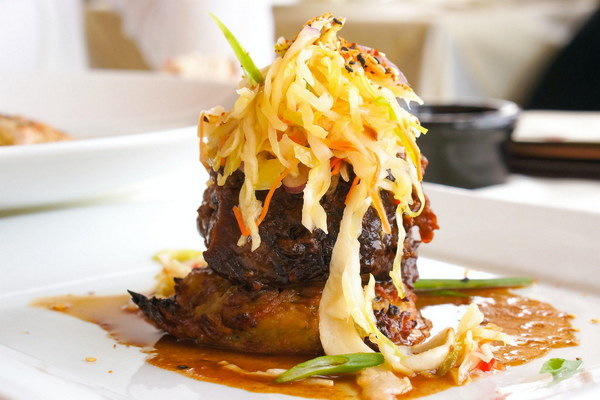Can You Get a Hair Treatment During Implantation
Introduction:

The process of embryo implantation is a delicate and crucial stage in the journey to conception. As expectant parents prepare themselves for this significant milestone, they often wonder about the safety of various activities, including hair treatments. The question arises: Can you get a hair treatment during implantation? In this article, we will explore the potential risks and benefits associated with hair treatments during this delicate period.
Embryo Implantation and the Body's Response:
Embryo implantation occurs about 6-12 days after ovulation, when the fertilized egg attaches itself to the uterine wall. This process is a critical step in establishing a successful pregnancy. During this time, the body undergoes various physiological changes to accommodate the growing fetus. It is essential to understand that the body's immune system and hormonal balance are highly sensitive during this phase.
Hair Treatments and Their Effects:
Hair treatments, such as chemical services like perms, relaxers, coloring, and hair straightening, involve the use of chemicals that can potentially affect the health of the developing fetus. Some of these chemicals, such as ammonia, peroxide, and formaldehyde, have been linked to adverse effects on fetal development.
Risks of Hair Treatments During Implantation:
1. Chemical Exposure: The use of chemicals in hair treatments may increase the risk of exposure to harmful substances that could potentially affect the developing embryo.
2. Immune System Disruption: Some chemicals can disrupt the immune system, potentially leading to a weakened defense mechanism against infections and other health issues.
3. Hormonal Imbalance: The hormonal fluctuations during implantation can make the body more sensitive to external factors, including the chemicals used in hair treatments.
Benefits of Hair Treatments During Implantation:
1. Temporary Relief: Some women may find that hair treatments provide temporary relief from stress and anxiety, which can be beneficial during the early stages of pregnancy.
2. Self-Care: Engaging in hair treatments can be a form of self-care and self-expression, helping women to feel more connected to their bodies and their pregnancy journey.
Alternatives to Traditional Hair Treatments:
For those concerned about the potential risks of hair treatments during implantation, there are several alternatives to consider:
1. Natural Hair Treatments: Opting for natural ingredients and homemade remedies can be a safer option, although it is still important to consult with a healthcare professional.
2. Professional Consultation: Before undergoing any hair treatment, it is advisable to consult with a healthcare provider who can offer personalized advice based on individual health conditions.
3. Temporary Hold: If you are unable to avoid hair treatments, consider postponing them until after the first trimester, when the risk of fetal development is generally considered lower.
Conclusion:
In conclusion, while the potential risks associated with hair treatments during embryo implantation are not well-documented, it is advisable to exercise caution and consult with a healthcare professional. The body's sensitivity during this delicate period makes it important to prioritize the health and well-being of both the mother and the developing fetus. By considering alternatives and seeking professional advice, expectant parents can make informed decisions about their hair care routine during this crucial time.









